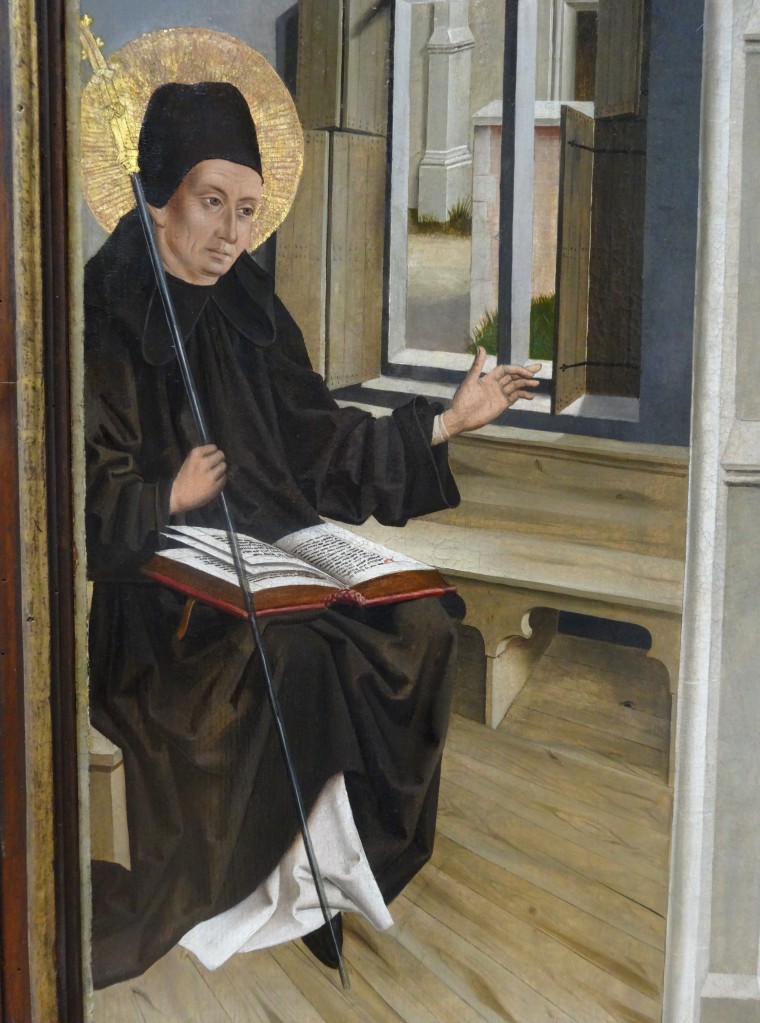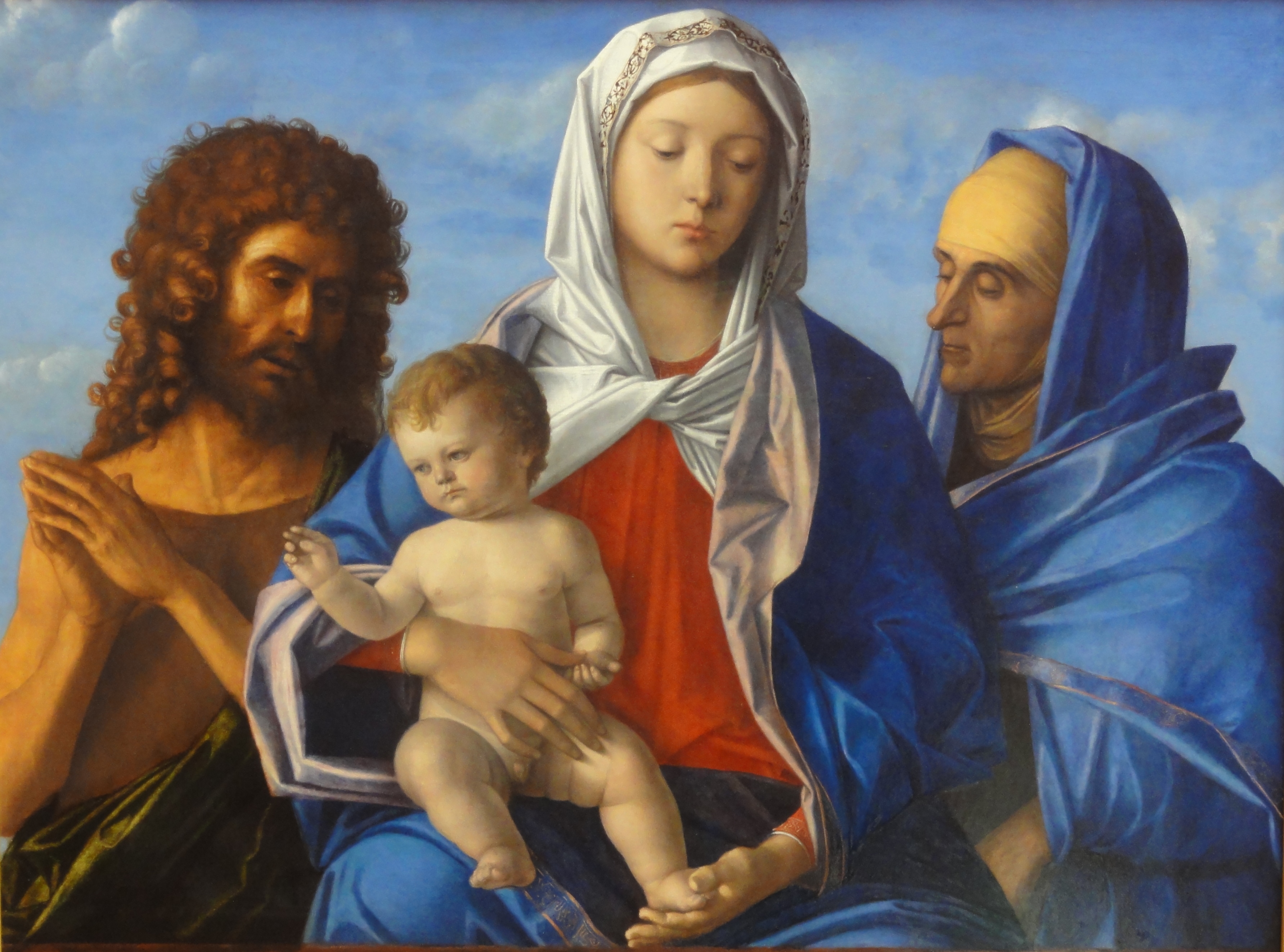
When St. Benedict speaks of the leaders in the monastery, the abbot, the prior, the treasurer, the priests, he does not spare stern words reminding the confreres of their responsibility. In times when power issues are at stake not only in the Church but also in organizations and nations, these passages of the Rule of St. Benedict are interesting. For example, he says about the prior:
“The more he is set above the rest, the more he should be concerned to keep what the Rule commands.” (RB 65:17)
The Rule is an instrument for controlling power. It is not uncommon for people to be elected or appointed to leadership positions, in Church, politics and business, who do not follow the rules. People who violate boundaries and break rules meet with a lot of understanding. The reason: They seem to be strong. If they dare to break rules, they show that they are above the rules (and thus can control them in the future). This applies not only to laws and regulations, but also to everyday behavior: People who get up in the middle of a meeting to take a phone call; people who come late to a meeting or leave early – clearly, this shows how important they are. People who don’t speak on the topic that’s on the agenda, but bring up completely different things (that are in their interest, of course). People who disregard levels of communication and especially levels of hierarchy by bypassing people who should be informed or addressed first; people who disrespect evolved structures in an organization; people who say “Why shouldn’t I break a rule when I can just say ‘sorry’ afterwards?” All of these behaviors fall on fertile ground and are especially attractive when there is fundamental dissatisfaction in a group. Either the rules are no longer appropriate, or they are not being followed anyway.
For St. Benedict, following the rules is rather a qualification for more responsibility. My experience is that – at least in organizations that are not totally corrupt – the problem is that the rules are not followed. A simple but painful example is all the cases of abuse in the Church. The problem was not the rules, but the breaking of the rules. If we allow people whom St. Benedict calls “despisers of the Rule” (RB 65:18) to be in charge, an organization or community can never heal because it has given power to a narcissist.
Dear God, our communities need good leaders. Protect us from people who want to serve only themselves. Let us respect your commandments. Let us play with the rules that a community has given itself with good intentions. Let us learn to be humble when rules bother us, and let us show respect for our brothers and sisters.


 Whenever I see a beggar, homeless or poor person in the streets, I have this moment of “Shall I or shall I not?” Pope Francis encourages Christians to give something, in any case. I know that many beggars are part of a bigger, very well organized group. What a shame that the poorest are misused in this way. So, shall I give a donation?
Whenever I see a beggar, homeless or poor person in the streets, I have this moment of “Shall I or shall I not?” Pope Francis encourages Christians to give something, in any case. I know that many beggars are part of a bigger, very well organized group. What a shame that the poorest are misused in this way. So, shall I give a donation?



